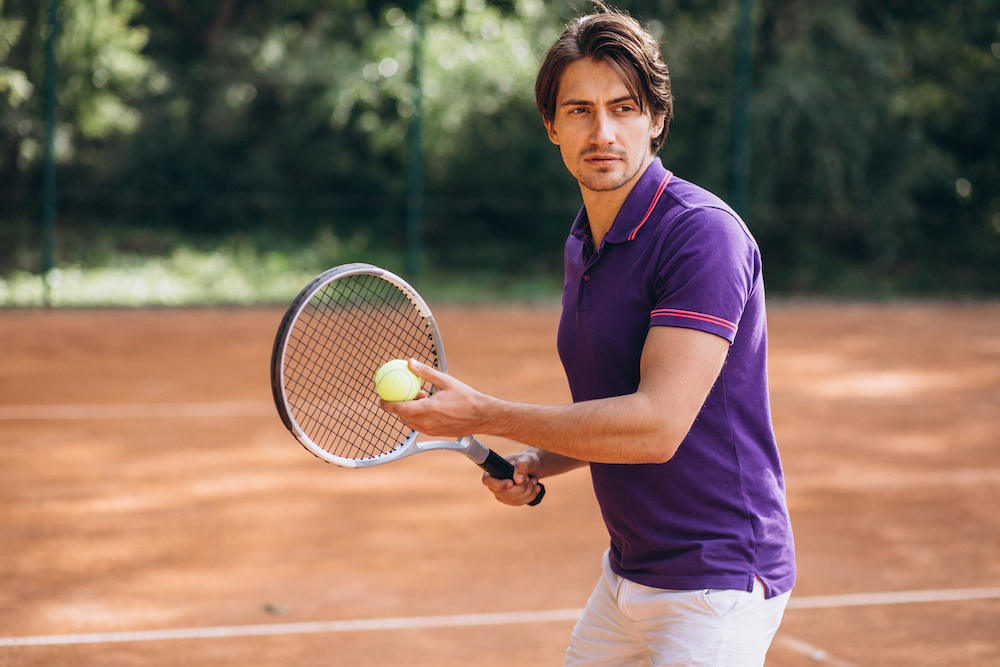
Whether you are a professional or amateur, if you are involved in sports, you’ll want to put in your best performance every single time. However, great sporting achievement isn’t only achieved by physical ability. It is also just as important for your visual skills to be at their peak. One of the best ways of achieving this is through sports vision training, which is also known as performance vision training.
Why Is Sports Vision Training So Important?
Whether you are participating in a solo sport such as running, cycling, climbing, or golf, or you are involved in a team game like baseball, basketball, or lacrosse, you’ll be moving or objects around you will be. In order for you to move with accuracy and precision, such as to navigate around an object or catch a moving ball, you will be heavily reliant on your brain correctly interpreting what your eyes are seeing. This requires a certain degree of visual skill, and sports vision training can help ensure that your visual skills are the best that they can be.
Sports vision training refers to manual and sometimes technological techniques that are used to develop and maximize these visual skills. Every sports vision training program is bespoke, tailored to the individual needs of each athlete and their sport. In doing so, the focus can be placed on the specific visual skills most needed for them to achieve their peak physical performance. Not only this, but exceptional visual skills can even reduce the risk of accident and injury during your chosen activity.
What Visual Skills Can Sports Vision Training Help With?
Sports vision training can be used to improve, enhance and sharpen a range of visual skills that are crucial to a wide range of different sporting activities. Some of the visual skills that are most often the focus of sports vision training include:
Dynamic visual acuity: the ability to see objects that are in motion clearly
Focusing: being able to change focus between different objects clearly and quickly
Depth perception: the ability to determine the speed and distance of objects
Eye-tracking: the phrase ‘keep your eye on the ball’ applies here!
Hand-eye or body-eye coordination: using your eyes to decide how your hands/body should move within your chosen sport or activity
Reaction time: this refers to how quickly you can perceive and react to a stimulus, such as catching a ball that has been thrown to you or jumping over an object you are running towards
Contrast sensitivity: the ability to tell the difference between an object and its background
Balance: vision and balance are intrinsically linked, and if you have problems with your vision, your balance may not be as good as it could be. Sports vision training can resolve misalignment issues that may be affecting your vision, and subsequently, your balance
If you are interested in finding out how sports vision training could enhance your performance or reduce your risk of experiencing an accident or injury, contact our experienced and skilled eyecare team at Norwood Family Eye Care. You can reach us at our office in Bartlett, Tennessee at 901-617-8095 or in Memphis, Tennessee at 901-380-1274.











